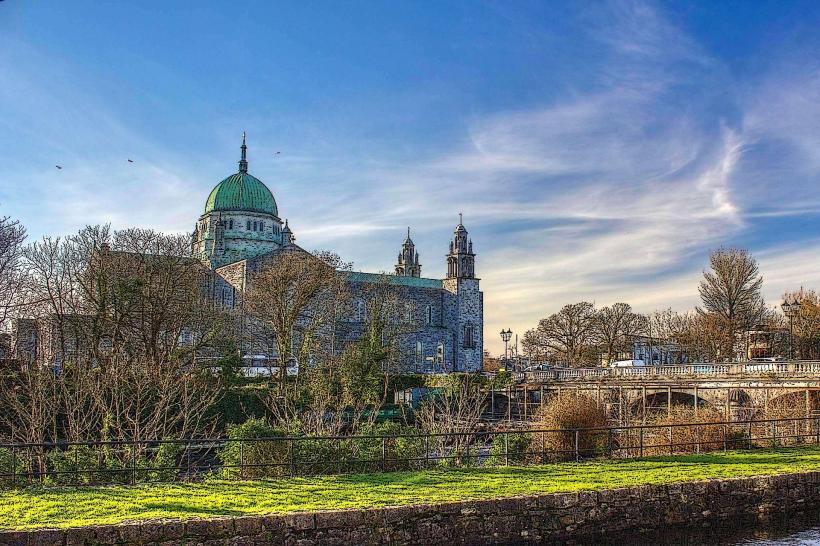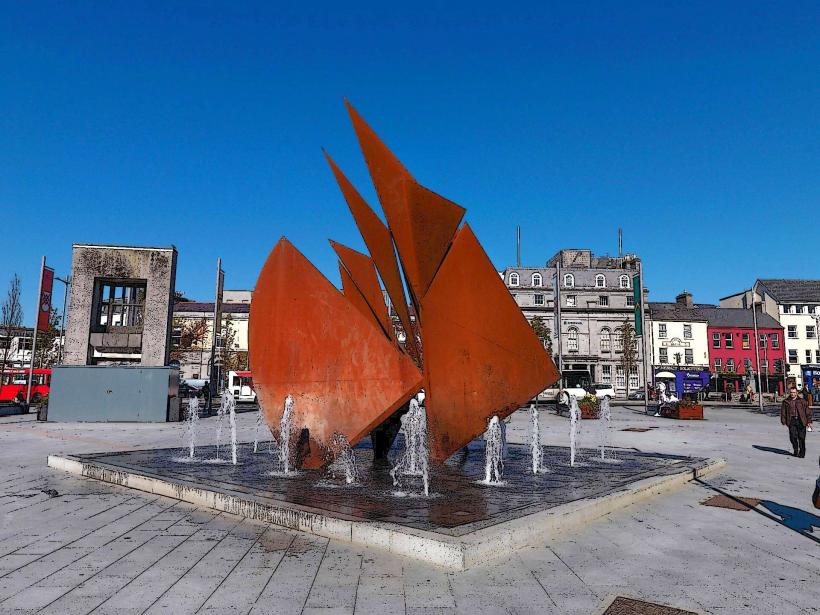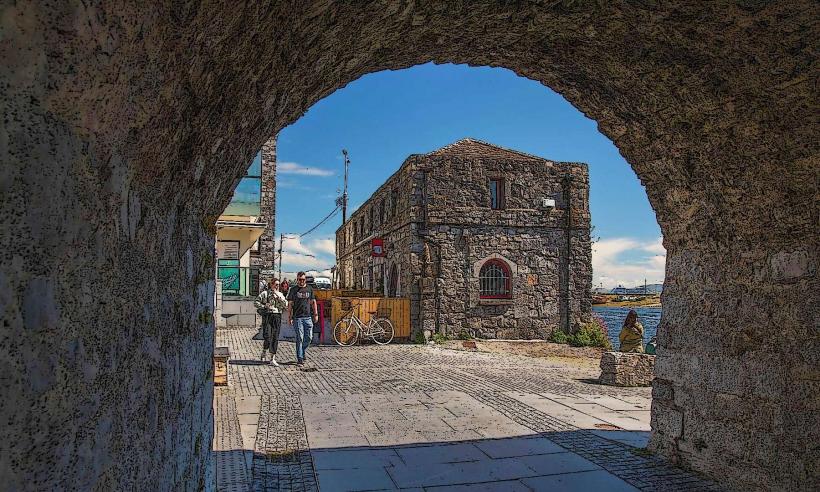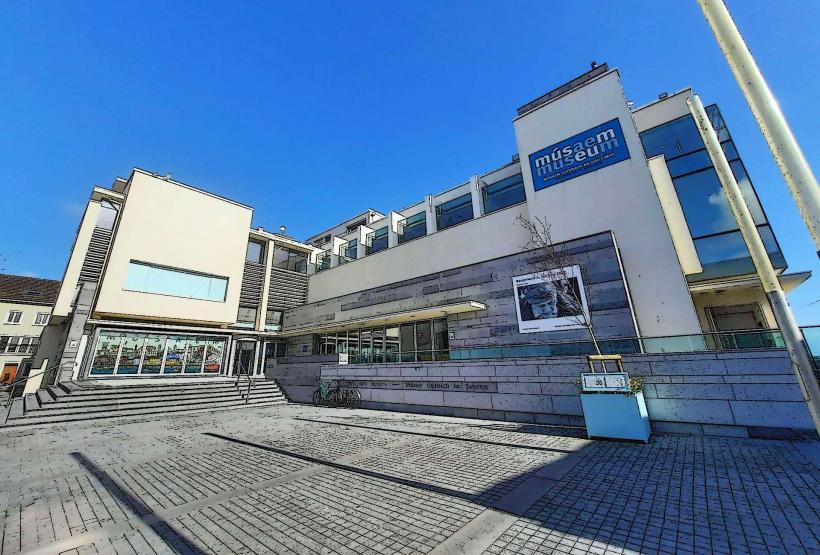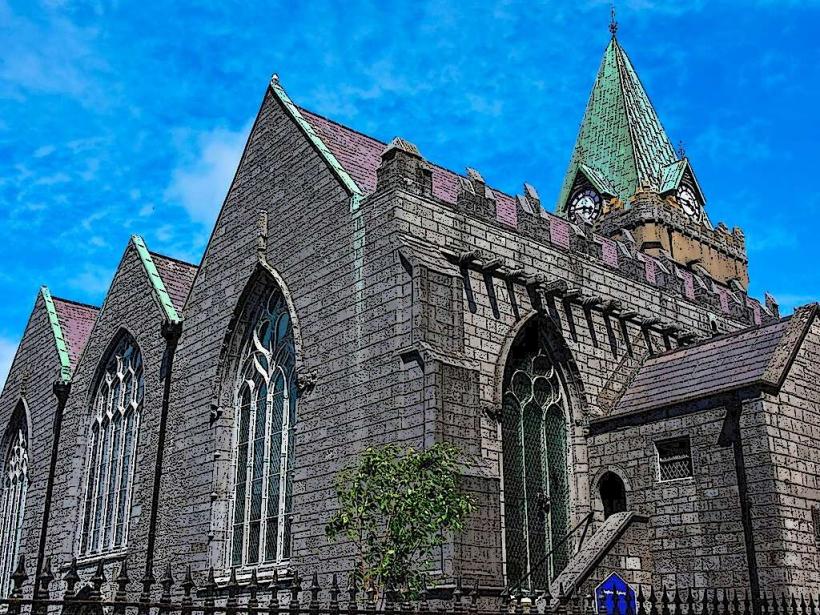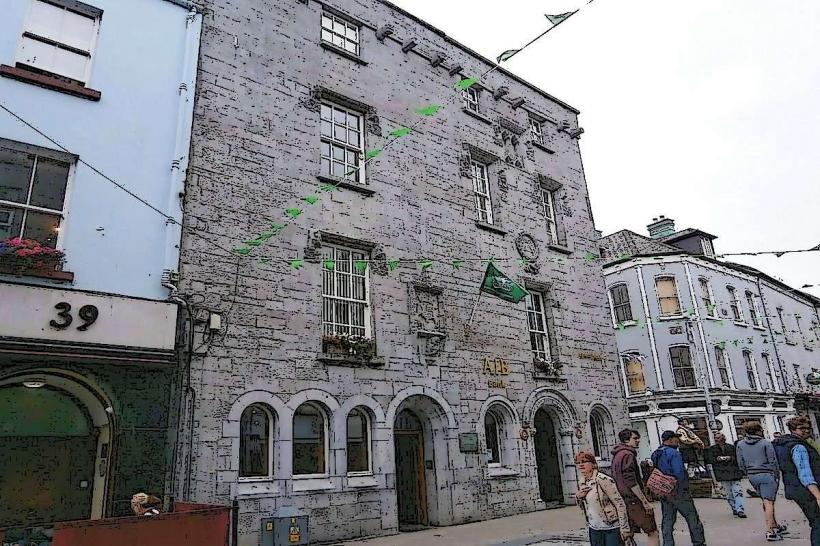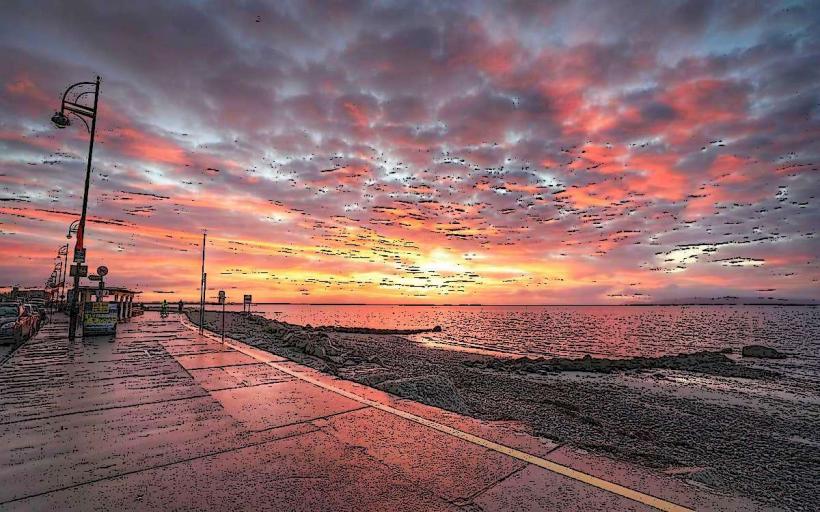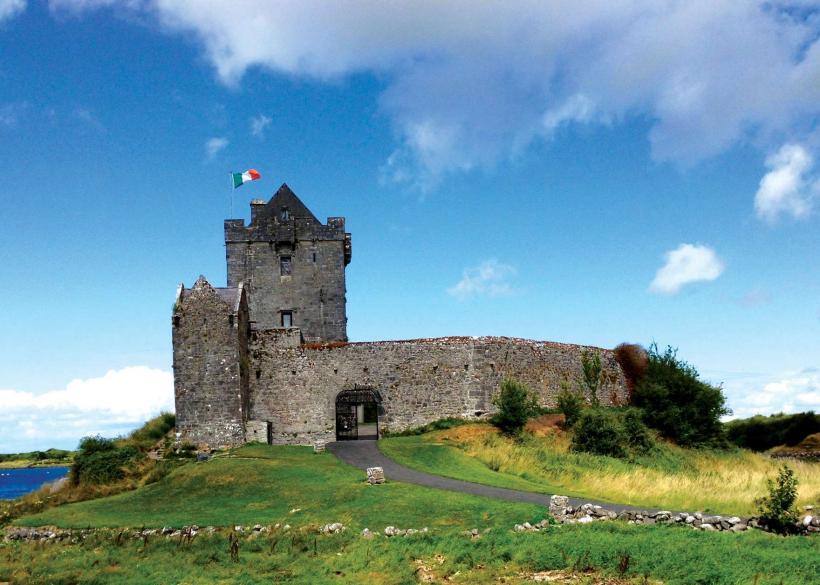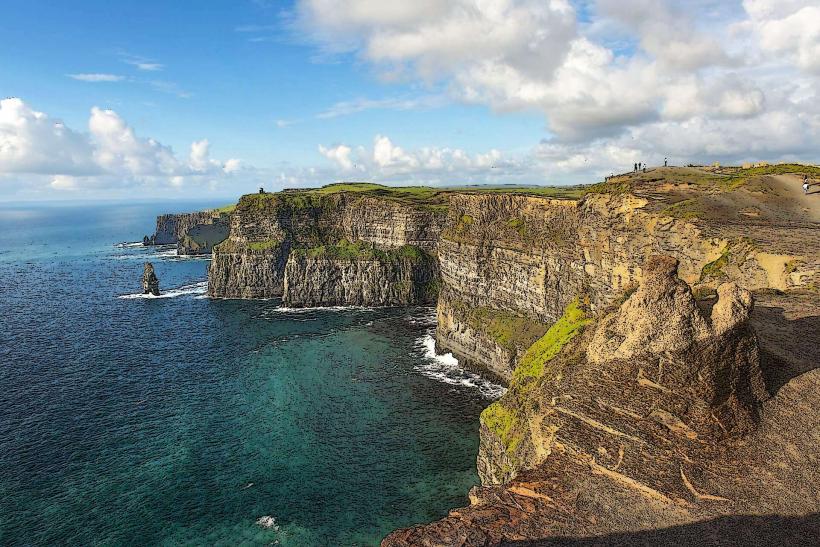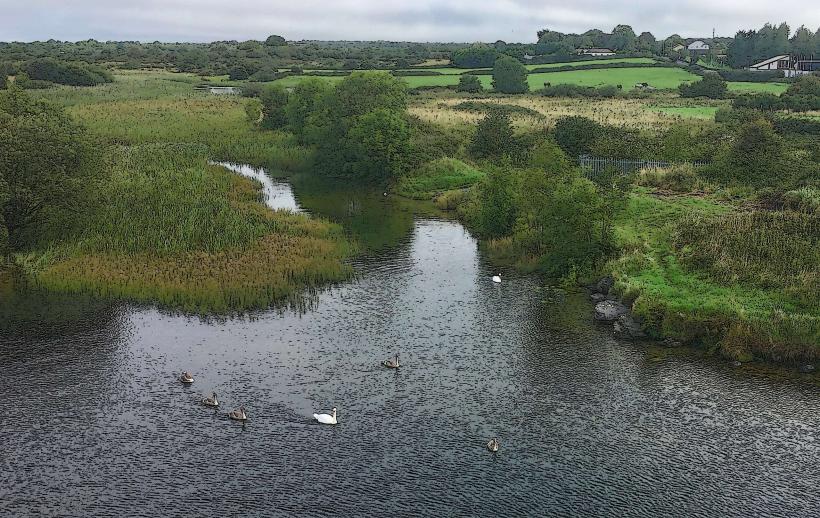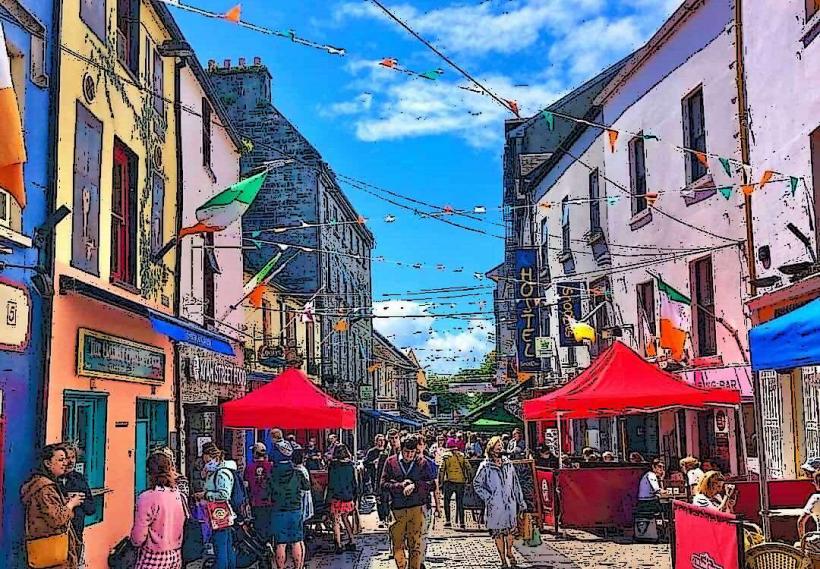Information
Landmark: Kirwan's LaneCity: Galway
Country: Ireland
Continent: Europe
Kirwan's Lane, Galway, Ireland, Europe
Kirwan's Lane is a narrow medieval thoroughfare located in the heart of the Latin Quarter in Galway City. It is one of only two remaining medieval lanes that survived within the city’s original 16th-century walls.
Visual Characteristics
The lane is a pedestrianized cobblestone alleyway characterized by its extreme narrowness and historic limestone buildings. The architecture features high stone walls, pointed Gothic doorways, and corbeled masonry. Many structures exhibit 16th and 17th-century elements, including original window surrounds and decorative stone carvings. At night, the area is illuminated by traditional-style street lanterns.
Location & Access Logistics
Position: Connects Cross Street to Quay Street (H91 E7KX).
Transit: 0.6km west of Eyre Square and Ceannt Railway Station.
Pedestrian Access: Strictly pedestrian; the lane is too narrow for vehicular traffic.
Parking: No parking on-site. The nearest facilities are the Hynes Yard multi-story car park (0.4km) or the Jury’s Inn (Leonardo Hotel) car park (0.3km).
Accessibility: The cobblestone surface is uneven and may present difficulties for users of wheelchairs or mobility aids.
Historical Origin
The lane is named after the Kirwans, one of the "14 Tribes of Galway."
Medieval Period: Originally a private access lane for the Kirwan family's merchant holdings.
18th Century: The lane was the site of the "Kirwan’s Lane Theatre," opened by Richard Martin (known as "Humanity Dick") in the 1780s.
Restoration: Following decades of dereliction and partial collapse, the lane underwent a major award-winning architectural restoration in the early 1990s, led by architect Simon J. Kelly, to preserve its medieval footprint.
Highlights & Activities
Architecture: Observation of late medieval and Renaissance stone masonry.
Retail & Dining: The lane houses several high-end craft shops, independent boutiques, and notable restaurants, including "Kirwan’s Lane Restaurant" and "The Bunch of Grapes."
Busking: Due to its acoustics, the lane is a frequent spot for traditional Irish musicians and street performers.
Infrastructure & Amenities
Dining: High density of upscale eateries with indoor and limited outdoor seating.
Connectivity: High-density 4G/5G cellular signals.
Sanitation: No public restrooms are located on the lane itself; facilities are available in nearby pubs and shopping centers.
Shelter: The narrowness and height of the surrounding buildings provide significant wind protection.
Best Time to Visit
Photography: Early morning (before 10:00) offers the best chance to capture the architecture without pedestrian crowds. The lighting is most atmospheric at dusk when the street lamps are active.
Activity: Mid-afternoon (14:00–16:00) for browsing the craft shops.
Seasonality: During the Galway International Arts Festival (July), the lane is often used for site-specific performance art.
Facts & Legends
The Kirwan’s Lane Theatre was famously attended by Theobald Wolfe Tone, a leader of the 1798 Rebellion. A verified historical oddity is that the restoration project discovered several "hidden" medieval rooms and vaulted cellars that had been walled up and forgotten for over a century.
Nearby Landmarks
Quay Street (Latin Quarter) – 0.01km West (Directly adjacent)
St. Nicholas' Collegiate Church – 0.1km North
The Spanish Arch – 0.3km South
Lynch's Castle – 0.2km East
Lynch's Window – 0.3km North

